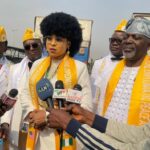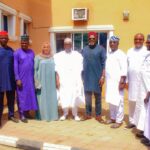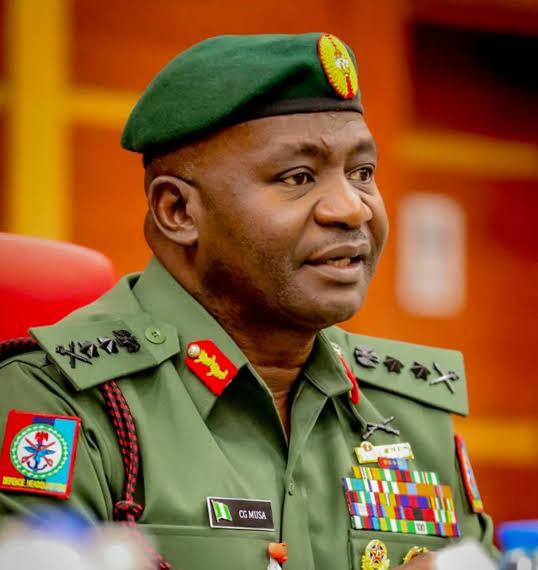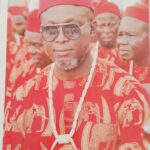Aleke Aleke in Abuja
The Military High Command has stated that the reported emergence of a new terrorist group known as Wulowulo in the North-Central region may simply involve local criminal syndicates that the police are fully capable of handling.
While assuring a clampdown on the new terrorist group, the military emphasised that not every security threat requires its intervention, as the police have the capacity to handle local criminal activity.
The Director of Defence Media Operations, Major General Markus Kangye, made this known during the monthly briefing at Defence Headquarters in Abuja.
He also criticised the reckless remarks made by some political leaders on security matters. Earlier in the week, the Governor of Nasarawa State, Engr. Abdullahi Sule, raised the alarm over the emergence of the group Wulowulo in the North-Central zone.
He said: “As you are aware, this new group, Wulowulo, which is a splinter group of Boko Haram, is beginning to surface in the North-Central zone. We need to ensure that we take steps to prevent it from gaining ground in our state.”
Responding to questions on the reported emergence of the group, General Kangye said: “Nobody can simply adopt a name and claim it is a splinter group of a criminal organisation. The truth is that we know all of them as criminals, terrorists, and bandits. They can call themselves whatever they like; what we know is that they are terrorists, and we are after them.
“As I have said before, the role of the armed forces regarding terrorists is twofold: either we fix an appointment for you with your Maker, and you answer to Him, or we ensure that you face our judicial system. If we apprehend you alive, we will hand you over for prosecution; but if you die in a firefight, the Almighty will ask you to give an account of your stewardship on earth.”
He further explained that the Governor already works closely with the police. Many of the issues brought to the attention of the military involve local criminals, who fall under the jurisdiction of the police. Individuals engaged in such activities can be handled by the police, but where armed groups go beyond what the police can contain, the military is then called in.
“It is also unfortunate that some political leaders make reckless comments about insecurity, but the military does not get involved in arguments with politicians. We have our own strategy, defined operational areas of responsibility, and carry out threat assessments in each location. Based on those assessments, we pursue threats and neutralise them.”
On the issue of delayed payment of allowances to frontline troops, Major General Kangye stressed that it is unwise to publish hearsay and present it as fact.
He said: “The issue of soldiers’ welfare has been a recurring concern, and we have consistently provided explanations. There is no scenario in which a field commander is given funds to feed troops and pay operational allowances, yet refuses to do so. If that were to happen, soldiers would be expected to fight on empty stomachs, and their morale would suffer. And when morale is low, how can they be expected to fight effectively? The suggestion that allowances are not being paid is a damaging narrative.”
He added that such claims are often made to discredit the efforts of troops and their commanders on the ground.
“Yes, there may occasionally be instances where something goes wrong — no system is perfect. There may be delays in some cases, but allowances are certainly paid. Any delay might be one or two days, likely due to transaction issues or glitches with the banks,” he concluded.










